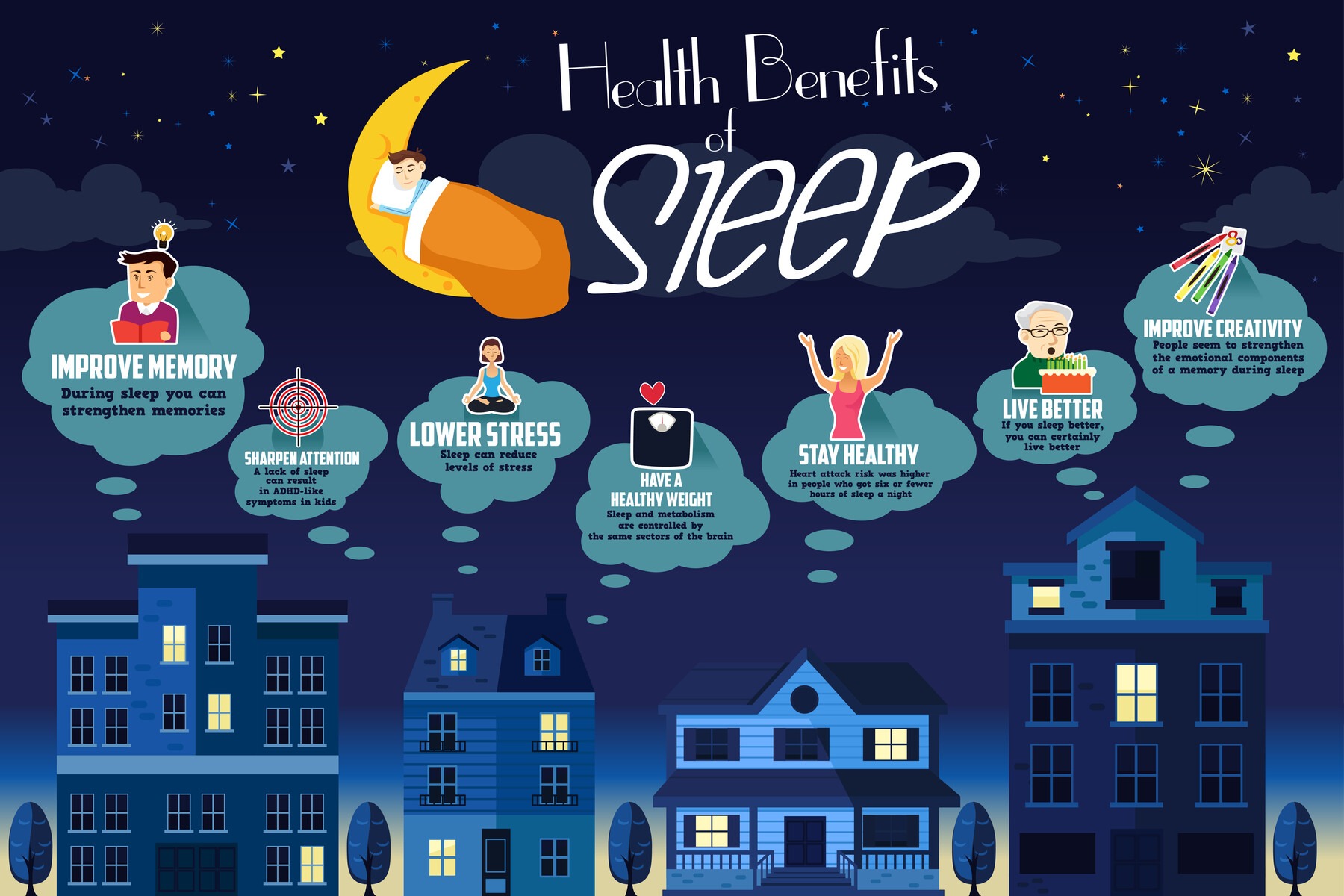Enjoy a Good Night’s Sleep and Wake up Refreshed and Ready to Go
A Few Savvy Sleep Tips for Older Adults
According to the National Institute on Aging, many older adults don’t sleep well. In fact, roughly one in three older Americans report NOT getting enough rest on a daily basis. Let’s also take a look at the statistical data provided by the Mayo Clinic, a nonprofit American academic medical center focused on integrated healthcare. The organization’s website states that as many as 57% of older adults report major disruption of sleep, 29% struggle to fall asleep, and 19% complain of early-morning awakening.
There are many reasons why. Some older adults are taking medications that may keep them awake, while others feel sick or experience pain which precludes them from falling asleep. There are those who suffer from sleep apnea (a disorder that causes a person to repeatedly stop breathing while they sleep) or restless leg syndrome (an uncomfortable urge to move your legs). Not to mention Alzheimer’s disease which can impact sleep-wake cycles for older adults,causing them to sleep too much or not sleep enough.
No matter the reason, lack of a good night’s sleep can make you irritable, affect your memory, and even potentially result in falls or accidents. It is important to remember that insufficient sleep can lead to increased risk of cardiovascular disease, diabetes, weight problems, or even breast cancer in women. Disturbed sleep, waking up feeling tired or groggy, and other symptoms of insomnia are NOT necessarily a normal part of aging, as suggested by HelpGuide.org.
It goes without saying that sleeping well is crucial to our health, wellbeing and longevity. Especially when it comes to older adults.
The simple insights below may help you develop a few sleep-friendly habits.
Avoid artificial lights
As you may already know, artificial lights at night can suppress your body’s production of melatonin, the hormone that makes you sleepy. Therefore, experts suggest you should use low-wattage bulbs, and turn off your TV and computer at least one hour before bed.
Transform your bedroom into a sleep sanctuary
Make sure your bedroom is quiet, dark, and cool and your bed is comfortable. Most people become more sensitive as they age; light and heat can also cause sleep problems. You may want to resort to a sleep mask, ear plugs, or a sound machine. Don’t forget to ditch the gadgets at least an hour before bedtime. After all, funny cat videos can wait – your sleep cannot.
Develop and stick to relaxing bedtime rituals.
There are quite a few things you can do to wind down before bed. You may take a bath, play some relaxing music, or engage in a relaxation technique such as mindfulness meditation, deep breathing, or some gentle stretching to keep those joints happy. It might be a good idea to read another chapter of that book you were meaning to finish.
Avoid changes in sleep schedules
Why don’t you embrace your inner child and establish a bedtime routine? As stated by the Sleep Foundation, aging can make it so much more difficult to recover from lost sleep. It is essential that you go to bed and wake up at the same time, every day. In addition, make sure you avoid long naps, especially too close to bedtime.
Steer clear of meals or substances that may ruin your sleep
Keep in mind that there are quite a few substances that are better to avoid if you are determined to get a good night’s rest. Scratch alcohol, tobacco, and large meals late in the day off your list and consider quitting smoking or reducing caffeine intake. The Sleep Foundation suggests you eat your dinner at least four hours before bedtime.
Final thoughts:
The magic and impact of a good night’s sleep cannot be overestimated. In fact, for older Americans, it’s not just a luxury – it’s a necessity, protecting them against aches and pains that come with aging. It’s the brain’s clean-up crew sweeping away all the mental clutter from the day. And let’s not forget about the mood boost allowing you to wake up feeling energized, upbeat,and ready to tackle the day.
The information in the above article is not intended nor implied to be a substitute for professional medical advice, diagnosis, or treatment. Always seek the advice of your physician or other qualified health provider with any questions you may have regarding a medical condition or beginning any exercise program.
